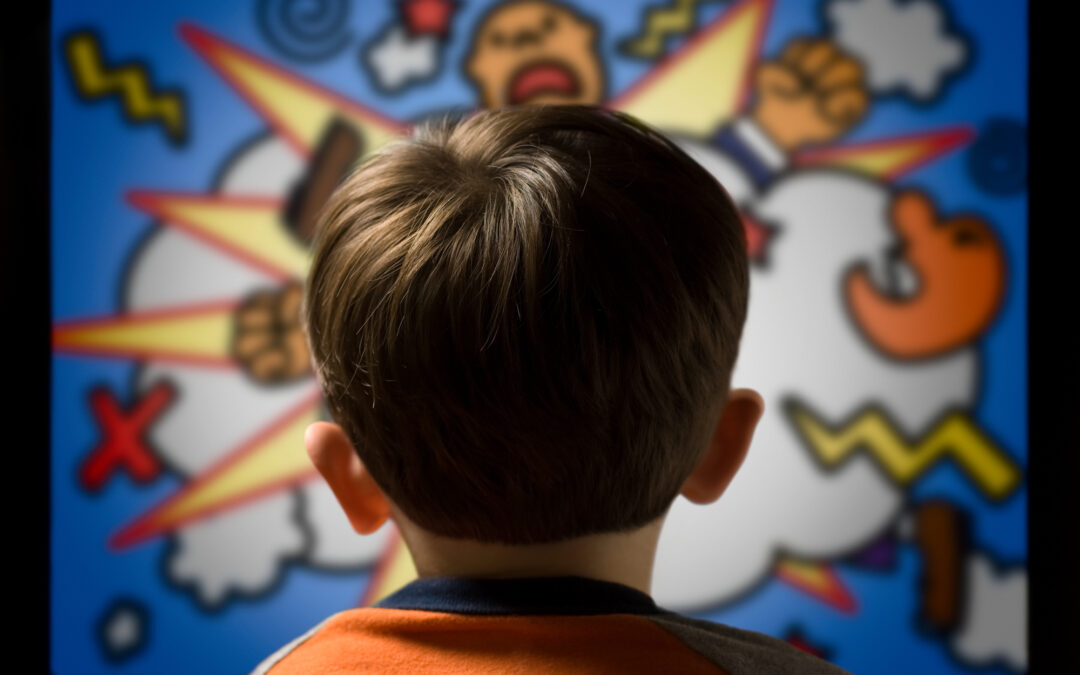Abuse, whether labeled as narcissistic or emotional, can leave deep, lasting scars on your self-esteem, sense of self-worth, and overall mental well-being. Many people who have experienced this may feel lost, confused, and question their own reality. If you are...

Do We Have To Be Fighting to Be in Couples Therapy?
When you think of couples therapy, most people conjure images of two people on a couch, angry and distant, trying to find a way to reconnect and “save” their marriage. Sometimes that’s exactly what it looks like, but there are so many other situations where couples therapy can be beneficial.
Below are some common reasons people seek (or should seek!) relational therapy:
- Grief
- Many people seek individual counseling when experiencing grief, but often this can be supplemented by couples therapy, especially if the grief is shared. The loss of a child, close family friend, or parent/in-law can all take a toll on the couple’s relational dynamic.
- Parenting differences
- No two people have the exact same parenting style, and while hopefully you are generally on the same page as your co-parent, this doesn’t always happen. Even the smallest of parenting differences can cause friction and lead to disconnection or communication challenges. Some co-parents come to therapy together when they aren’t in a romantic relationship and have no plans to be. A healthy co-parenting relationship is so beneficial for the children involved, and therapy can help people seeking to repair communication, set boundaries, and heal wounds so they can be present for their children.
- Extended Family
- Successfully navigating relationships with both sides of extended family is a common goal of couples therapy. Tension between a spouse and a family of origin can wreak havoc on a relationship, and can lead to challenging conversations with loyalties feeling pulled in all directions.
- Infertility
- Often a grief process of its own, infertility can put a strain on a couple’s dynamic. The rollercoaster of emotions, changed expectations, and physical and financial hardships are incredibly challenging and many couples find it difficult to reconnect to one another through it all.
- Discernment
- Some couples come to therapy to decide if they want to put time and effort into repairing their relationship or separate, weighing all options. For those who decide they do want to remain together, more traditional couples therapy is then recommended.
- Intimacy
- Intimacy changes for most couples as they navigate different seasons of their relationship, as well as outside influences/stressors. Identifying and expressing needs and reconnecting in this way is often a challenge, and this opportunity for connection can suffer when other communication challenges are present.
- Finances
- When the stakes are high, tensions can be too. People approach finances in many different ways, but when there is a perceived threat to either your security (if your partner is more of a spender) or quality of life (if your partner is more of a saver), conflict and communication errors ensue.
- Acute and Chronic Illness
- Many couples come in when navigating an acute or chronic illness. Acute illness often leads to shock, grief, and an immediate change in daily life. Chronic illnesses can bring a need for increased understanding and patience, and a change in labor division or a potential caretaking dynamic.
- Division of Labor
- A major tenant of relationship well-being for many couples boils down to the basics of living in harmony, without either partner feeling they are taking on an unfair share of the domestic labor– things like laundry, dishes, keeping track of family events, even keeping toilet paper stocked in the house. These might seem inconsequential, but we all take cues about how we’re viewed and valued through these day-to-day experiences.
While plenty of couples do come into therapy at a time of intense conflict and anger, there are many other reasons for seeking therapy with a partner (past or current). If you find yourself feeling disconnected, unsure of how to proceed or communicate successfully with your partner, now is the time to seek couples counseling! A skilled clinician can help you and your partner navigate the situations listed above (and so many others!) in a way that helps both people feel heard and secure as you work toward your goals.

Healing from Narcissistic or Emotional Abuse: A Journey to Rediscovery and Resilience

How Do You Know You Had Emotionally Immature Parents?
Dr. Lindsay C. Gibson’s book Adult Children of Emotionally Immature Parents offers a guide to recognizing, processing, and healing from the effects of emotionally immature parenting. But, how do you know that your parent (or parents) may be emotionally immature? And,...

The Young Adult’s Guide To Navigating Family Boundaries
Healthy boundaries are the building blocks of healthy, successful relationships, but they can be a challenge to navigate, especially as relationship dynamics change and evolve. In many families, children grow up with a clear sense of the family hierarchy and an...

A Guide For Talking to Children About Remote Violence
Children today are confronted with a baseline awareness of violence higher than most adults can imagine. “Remote violence” refers to exposure to highly violent images and stories, without experiencing the violence first-hand. In essence, this is the increasing...

Pride Month: How to Support Someone Coming Out
June is Pride Month, so let’s take this opportunity to go over some ways you can support the LGBTQ+ folks in your life if they choose to share their experience with you. Your response should vary based on your relationship dynamic, but in general, these are some rules...

